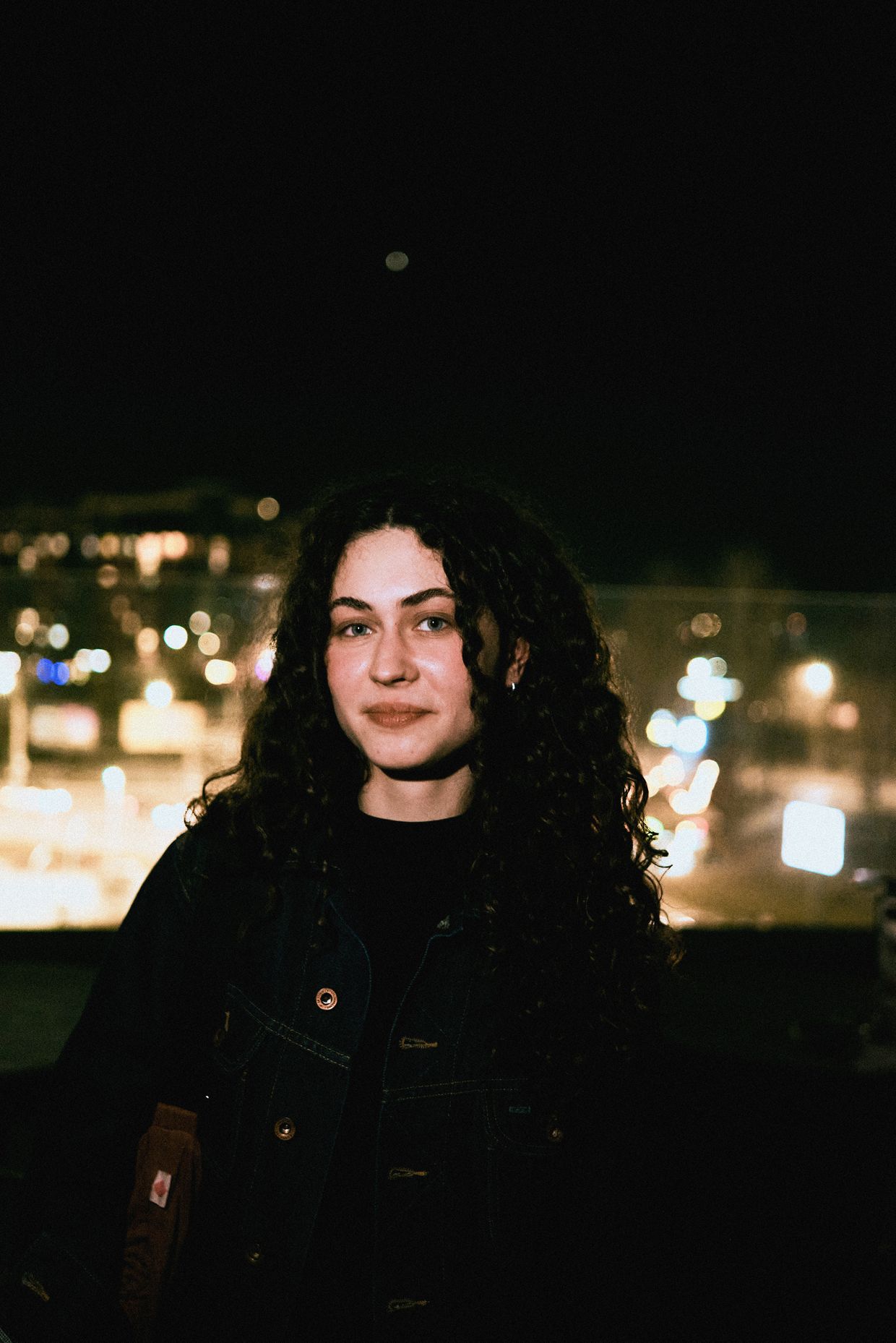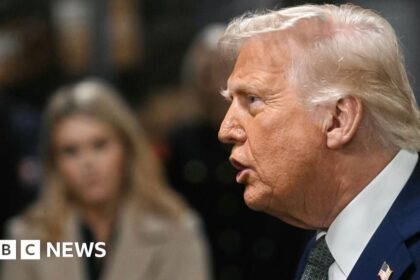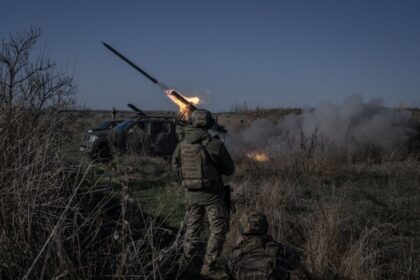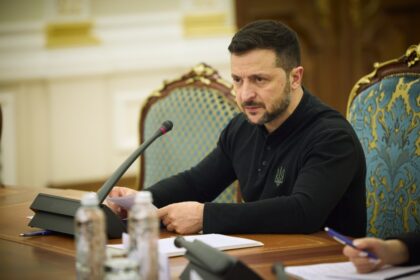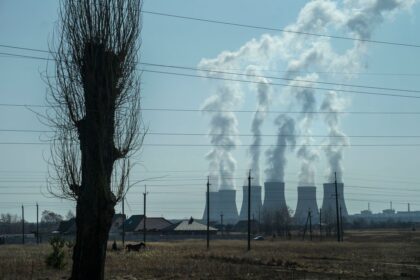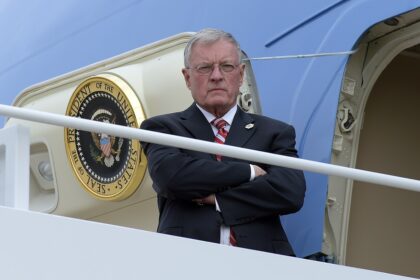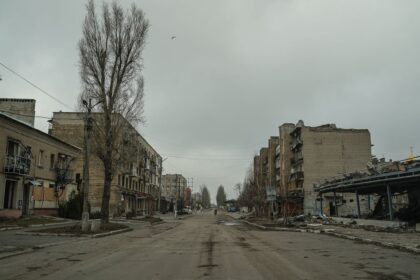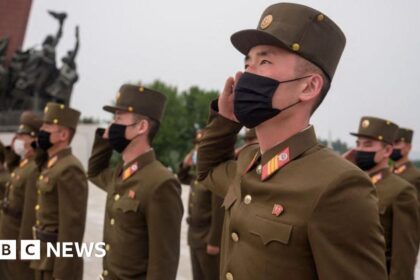**Ukrainian Director Quits Israeli Opera Over Russian Singers**
A Ukrainian theater director has refused to stage an opera in Israel after the organizers brought in Russian singers despite his objections. Eugene Lavrenchuk, the director of the Jerusalem Lyric Opera Studio & Festival, had only one condition for the project: no Russians could be part of the cast.
Lavrenchuk told The Kyiv Independent that when he took on the project, he had asked the organizers to include a clause in his contract stating that no Russian singers would be allowed. However, when he was sent the text for a promotional poster, it contained the names of two Russian singers among the cast.
Despite already working remotely from Lviv, Ukraine, on the opera for months, selecting actors from “all over the world,” forming a team, and even preparing some of the stage costumes, Lavrenchuk resigned from the project on April 8. He said that it was not acceptable for him to work with people who were presented as Russians, given the ongoing war in Ukraine.
“The beautiful life in Crimea,” one of the Russian singers posted on social media, showing photos from Crimea after Russia’s occupation. Lavrenchuk highlighted Israel’s own boycotts of works by the German composer Richard Wagner, saying that it was not about politics, but about respecting humanity.
Lavrenchuk told The Kyiv Independent, “Russia is a country that killed millions of people and became known for its brilliant ballet and operas… Let Russia return the occupied territories and drown in sanctions, and then fine, I’ll be the first to stage Tchaikovsky.”
The organizers of the Jerusalem Lyric Opera Studio & Festival defended their decision to include Russians in the production, saying that they “can’t accept ultimatums” from artists. However, after Lavrenchuk’s resignation, the rest of the Ukrainians in the team also refused to participate.
**Commentary**
This controversy highlights the complexities and sensitivities surrounding cultural events during times of conflict. The decision by the Jerusalem Lyric Opera Studio & Festival to include Russian singers despite Lavrenchuk’s objections has sparked a heated debate about artistic freedom versus political considerations.
Lavrenchuk’s stance is understandable, given the ongoing war in Ukraine and the complex relationships between Russia and Israel. However, the organizers’ defense of their decision also raises valid points about artistic excellence and the importance of including talented artists from all backgrounds.
The incident also underscores the challenges of staging cultural events during times of conflict, where sensitivities can run high. Ultimately, it is up to each individual or organization to decide how they want to navigate these complexities.
**Deeper Analysis**
This controversy has implications beyond the immediate context of the opera production. It raises questions about the role of art in times of conflict and the responsibility that comes with staging cultural events.
Artists often have a unique ability to transcend borders and cultures, bringing people together through their work. However, this also means that they must be aware of the potential impact of their actions on different communities.
In this case, Lavrenchuk’s decision to resign from the project highlights the importance of considering the broader context and the potential consequences of artistic choices. The incident serves as a reminder that cultural events can have significant social and political implications, particularly during times of conflict.
Ultimately, this controversy underscores the need for greater sensitivity and awareness in cultural events, where artists must navigate complex relationships between politics, culture, and community.




